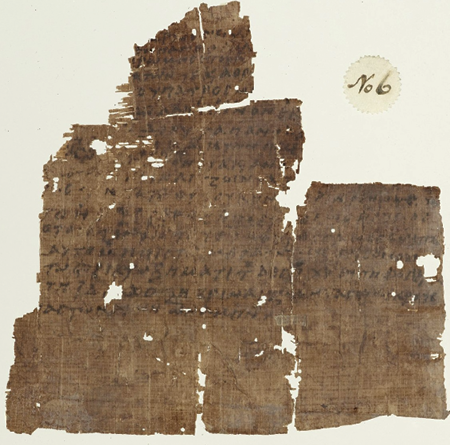Ever wonder why we Lutherans use the form of worship we do? In this series we examine the depth and meaning of the various elements of our Lutheran worship service.
In sharp contrast to the “No creed but Christ” approach to the Christian faith, we affirm that God would have us believe and openly confess His whole counsel (Acts 20:27). That is why Lutherans published the Book of Concord of 1580: it was (and still is) a public proclamation of what Lutherans believe the Bible teaches. It is a confessional document. In the liturgical sense, a confession is a public declaration of doctrinal beliefs so that all people can examine whether or not those beliefs are biblical. That is why our synod was named the Church of the Lutheran Confession. That’s also why our liturgy includes an element we call the Creed, which is a confessional statement of essential Christian beliefs.
Has a non-Christian ever asked you, “What, exactly, do you believe?” I hope so. After all, God tells us to “be ready always to give an answer to every man that asketh you a reason of the hope that is in you with meekness and fear” (1 Peter 3:15 KJV), and the wording of that passage always suggests to me that there should be something about us that is winsome even to many unbelievers (although perhaps off-putting to some), something that they see in us which they recognize as good and which they then desire for themselves, something that prompts them to ask that question.
What, then, should you answer? The answer you give to the question, “What do you believe?” is a confession. Depending on the person who asked you and the circumstances, it might be appropriate to respond with little more than “I believe that Jesus Christ is both true God and true man, and that He lived a perfect life and died a sacrificial death to atone for the sins of all the world, including mine. I believe that solely by God’s grace and because of Jesus, my sins are forgiven and I have eternal life in heaven.” That answer is true, and it might well be the best initial response, even though it’s certainly not comprehensive.
That simple, short response above states “I believe” twice. In Latin, “I believe” is the verb credo , and it is from that verb that we get our word creed . In our liturgies, we always include a creed—a confessional statement of what we believe. Obviously, we cannot recite the entire Book of Concord (my copy is over six hundred pages in length!), so there are three different creeds we use. Typically, we use the Apostles’ Creed for non-communion Sunday worship services, the Nicene Creed for Sunday worship with communion, and—traditionally at least—the Athanasian Creed for services on Trinity Sunday. However, one of the other creeds is now often substituted for the Athanasian Creed , which was written to counter the Arian heresy, because the Athanasian Creed is quite long and uses wording that may not easily be understood by the modern worshiper. Nonetheless, every service in our liturgy includes an element called the Creed: a succinct confession of what we believe.
For us, the Creed serves at least three functions. It is a reminder to us of central doctrines of Christianity, it is a renewal for us of our Baptismal vows and it is a public confession by us of what we, as Christians, believe.
“Be ready always to give an answer to every man that asketh you a reason of the hope that is in you with meekness and fear.” (1 Peter 3:15 KJV) “For with the heart one believes unto righteousness, and with the mouth confession is made unto salvation.” (Romans 10:10)

is a retired teacher and serves as assistant editor of the Lutheran Spokesman. He lives in Cape Coral, Florida.

